For me, writing every novel involves doing a lot of research, which can take on a wide range of forms. I love exploring different cultures through food, language, and literature, experiencing specific settings through travel, and talking to people about their experiences and professions. But there is also a LOT of reading involved!
These are a few of the books I consulted while doing research for Where Shadows Grow, which traverses a wide variety of subject matter. This doesn’t even come close to encompassing everything I absorbed during the time I was writing this book (and in fact, I often learn just as much from fiction as I do from non-fiction!). But the following readings greatly deepened my knowledge on a variety of topics.
Social Justice
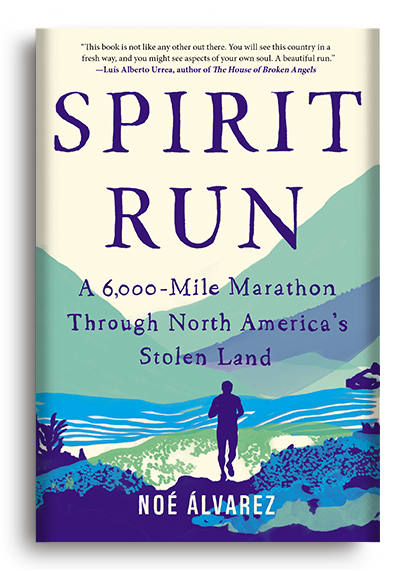
Spirit Run: A 6,000 Mile Marathon Through America’s Stolen Land by Noé Álvarez was recommended by one of my sensitivity readers. Álvarez is the son of Yakima Valley farmworkers, and this heartbreaking yet uplifting personal narrative gave me a lot of insight into a kind of life that I have not experienced – and vividly illustrates the various ways that generational trauma can shape a person’s life.

Emergent Strategy: Shaping Change, Changing Worlds by adrienne maree brown has been a huge influence on my thinking about social movements. It’s optimistic and inspiring and feels even more important and relevant as we weather the storms of 2020.
I’ve also read a ton of articles and watched various documentaries related to farmworker justice, and have highlighted a few on my resources page.
And, I want to note an additional reference: in Where Shadows Grow, it’s mentioned that one of the workers can pick 15,000 pounds of apples on a good day. I had several early readers question whether that was correct – it seems almost impossible, doesn’t it? But it’s a realistic figure, according to this 2015 NPR article. (Which proves that this line of work is far from “unskilled labor.” It actually takes incredible strength and skill.)
Witchcraft

As mentioned in a previous post, I learned a lot about contemporary witchcraft from Witches of America by Alex Mar. This book was so fascinating and mind-expanding!
Psychedelics
I have been very intrigued by recent work using psychedelics as treatment for mental health issues, and did a lot of reading on this topic.

One book that fit into this category was A Really Good Day: How Microdosing Made a Mega Difference in My Mood, My Marriage, and My Life by Ayelet Waldman. I always enjoy memoirs, and this one was definitely enlightening and thought-provoking!

How to Change Your Mind: What the New Science of Psychedelics Teaches Us About Consciousness, Dying, Addiction, Depression, and Transcendence by Michael Pollan was well-written and well-researched, though it (predictably?) focused on the overwhelmingly white male “experts” in the field. I wish it had placed a bit more emphasis on women healers and the use of psychedelics in indigenous cultures worldwide.
Side note: Just as I was getting WSG ready to go to press, an article was published in the New York Times about veterans using ayahuasca to treat mental health issues related to combat, like PTSD and depression. So I guess my book is timely indeed!
Mental Health & Chronic Disease
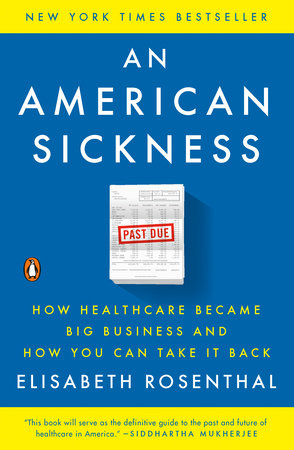
Many of the books I read during the course of my research made me angry. An American Sickness: How Health Care Became Big Business and How You Can Take it Back by Elisabeth Rosenthal is a prime example: it very disturbingly outlined the many problems with the healthcare system in the US (which I can only assume have intensified during the pandemic).

But even more hard-hitting than dry statistics, of course, are personal narratives on the very real costs of medical system. Porochista Khakpour, an Iranian-American writer who has struggled with chronic disease for most of her life, chronicled her experiences in Sick: A Memoir. It was a very eye-opening and affecting book.
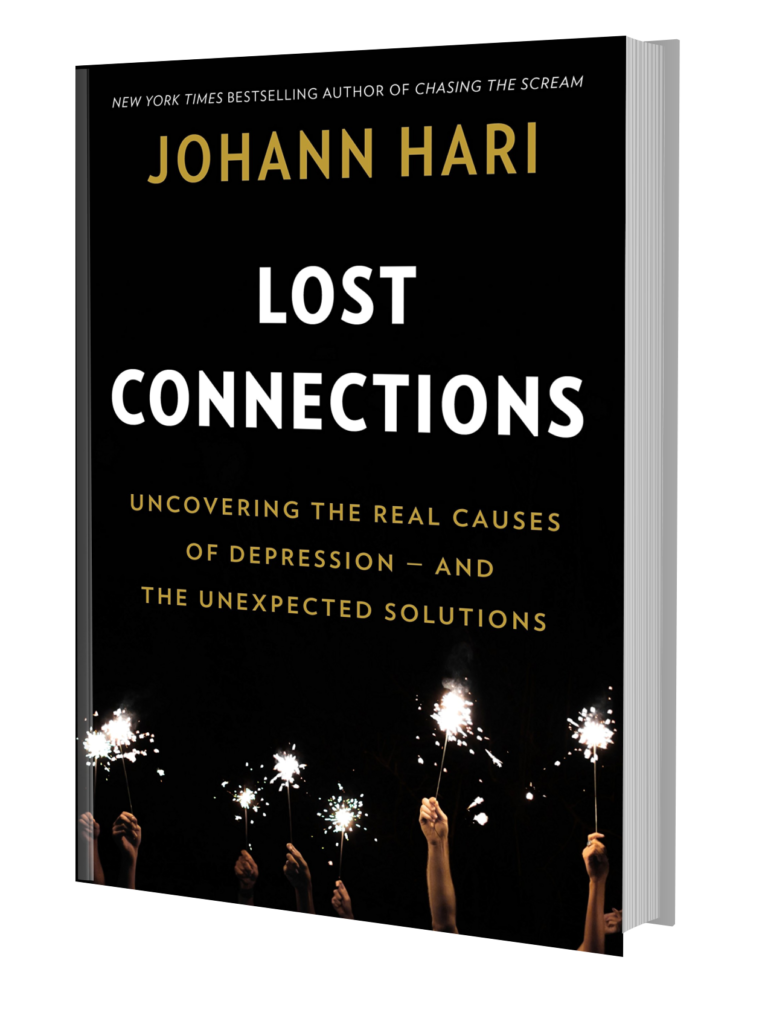
But, let’s end things on a slightly more upbeat note! In Lost Connections: Uncovering the Real Causes of Depression – and the Unexpected Solutions, Johann Hari argues that depression and anxiety are understandable responses to the disconnection rampant in our modern world. This was another one of those books that permanently changed my thinking on the topic. Even if the solutions are not easy and may involve large lifestyle shifts, it offered a lot of optimism and hope.
Your Thoughts
Have you read any of these books? Or are there any others on these topics that you would like to recommend?
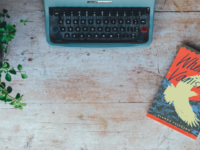
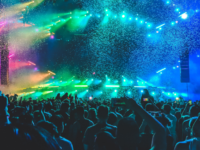

Thanks for being awesome you hip groovy cat!!!
Aww, thanks Jonathan! Appreciate you stopping by 🙂